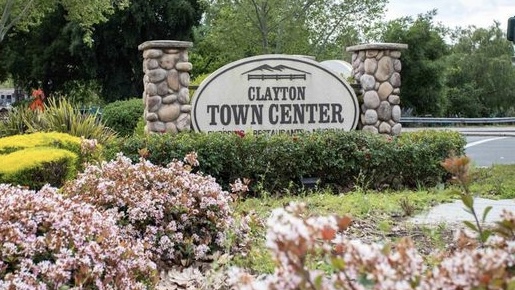So I went to this speech competition that the DVC speech and debate team held at Performing Arts Center (PAC) the other week and they were debating social media.
One side was mainly arguing about how it’s used for connecting the world together, to create social change and how great it is for advertisers trying to target their niche audience, which the latter was rightfully jeered by the audience.
The opposing side emphasized how it’s used by creeps, cyber bullies and authorities.
Though their points were mostly valid, they only touch the surface. Cyberbulling and information control is a symptom of a larger social problem, which stems from an obsession for maintaining and projecting power.
Government and corporations now have more information on the everyday person than they know what to do with, thanks to Facebook and Twitter keeping track of our interests. They almost have enough information to predict a person’s behavior.
A National Security Agency whistleblower William Binney revealed on Democracy Now that the Obama administration has expanded domestic surveillance and estimates that our government has gathered over 20 trillion “transactions” from phone calls, emails to Facebook posts.
Also what was left out of the discussion was the cultural effect social media is having on people’s social skills and especially on their cognitive functions.
Larry D. Rosen, PhD, professor of psychology at California State University of Dominguez Hills says that teens who use Facebook more often show narcissistic tendencies in addition to more signs of other psychological disorders, including antisocial behaviors, mania and aggressive tendencies.
On the flip side, he also said that online social networking can help introverted adolescents learn how to socialize behind the safety of a screen and can provide tools for teaching in compelling ways that engage young students.
As some people say, everything in moderation, right?
Still, the question looms in my head: how is our ability to learn being affected?
In 2008, Nicholas Carr came out with a thought-provoking piece called “Is Google Making Us Stupid?”, which argued that internet use has had a negative effect on how we process information by having people collect it by bits and pieces rather than in-depth. He also brought the point that it is within the economic interests of corporations to drive internet users to distraction while they collect personal information used for advertising.
In response to Carr’s analysis, Science Express did a study stating that we’re not necessarily losing our ability to remember things. Rather, the internet is changing how we remember.
Ars Technica sums it up simply: “People are recalling information less, and instead can remember where to find the information they have forgotten.”
The National Academy of Sciences in a 2011 study linked attention to memory. They concluded that being flooded with many distractions, which social networking is filled with, can deteriorate short-term memory over time.
Though social networking is changing the way we interact with our world and how our brains function, it is still a medium to perpetuate our past tendencies.
Activism, which has existed since the dawn of civilization, has been given a new tool for projecting a message. Anyone who paid attention to the Arab Spring could figure that out without much explanation.
Social networking can work for community activism as well.
For example, DVC’s Students for a Democratic Society (SdS) used Facebook to expose our student government’s (ASDVC) censorship after they removed comments posted on their page criticizing the ineffectiveness of our elected representatives. The student government went as far as deleting and blocking DVC SdS from their group page.
But this also gives powerful interest groups the ability to do the same for their agenda.
War propaganda like Kony 2012 captivated millions of well meaning people into an emotional fervor over an issue they know very little about.
Social media has changed the way people interact, but overall it is another medium to express one’s self or to project power.
Dismantling Big Brother is not done by preventing technology from developing but by changing the cultural and economic system to one that doesn’t value domination over everything.







































































